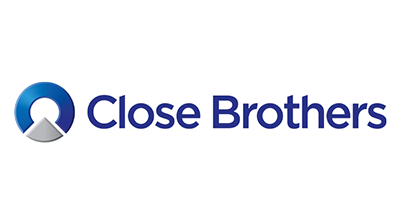
Close Brothers has announced it will not be paying a dividend this year and is reviewing plans for any future payouts, as a result of what it called ‘significant uncertainty’ about the outcome of the FCA’s review of historical motor finance commission arrangements.
In a trading update released on February 15, Close stated: “There is significant uncertainty about the outcome of the FCA’s review, and the timing, scope and quantum of any potential financial impact on the group cannot be reliably estimated at present.”
In its statement, the board said that it was planning “for a range of possible outcomes”.
The update continued: “Therefore, the group will not pay any dividends on its ordinary shares for the current financial year, and the reinstatement of dividends in the 2025 financial year and beyond will be reviewed once the FCA has concluded its process and any financial consequences for the group have been assessed.”
Analysts’ estimates suggest the cancelled dividend would have seen around £100 million paid out to shareholders.
The FTSE 250 company added that “in accordance with the relevant accounting standards, the board has concluded that it is currently not required or appropriate to recognise a provision in the group’s half-year 2024 results in relation to this matter.”
Shares in Close Brothers fell by almost half immediately following news of the FCA review, reducing its market value by some £550 million, and were down 11% following the latest trading update. Motor finance accounts for about a fifth of its loan book and totalled £1.95 billion as of the end of July, including £206.7 million in the Republic of Ireland.
How big a bill
Estimates of the size of any potential financial hit from the FCA investigation, which is due to report its findings in September, vary considerably.
Analysts at Shore Capital put the bill for Close Brothers at £150 million, while Peel Hunt forecast £185 million, and analysis by the Royal Bank of Canada suggests the compensation costs could hit £200 million or more.
Lloyds Bank, which has exposure to the FCA review via its Black Horse subsidiary and some £15 billion of motor finance lending, is potentially facing bigger compensation bills. However, Lloyds is a much bigger lender which leads analysts to suggest it would find it easier to absorb the costs.
The size of the overall compensation bill is also unclear. While analysts from Jefferies suggest a total bill of £13 billion, Royal Bank of Canada has suggested £16 billion, and consumer champion Martin Lewis from MoneySavingExpert has claimed motor finance lenders could face compensation costs similar to those of the PPI scandal in the 1990s, which totalled some £40 billion.
“This is only the first example of the impact of the FCA’s intervention in the motor finance market. Lack of clarity about the review’s scope and the regulator’s approach to any redress is causing uncertainty, which severely affects lenders’ appetite for risk and investment. That significantly reduces the options available to car buyers, despite the FCA focus on ‘fair value’,” noted Edward Peck, CEO of Asset Finance Connect.









